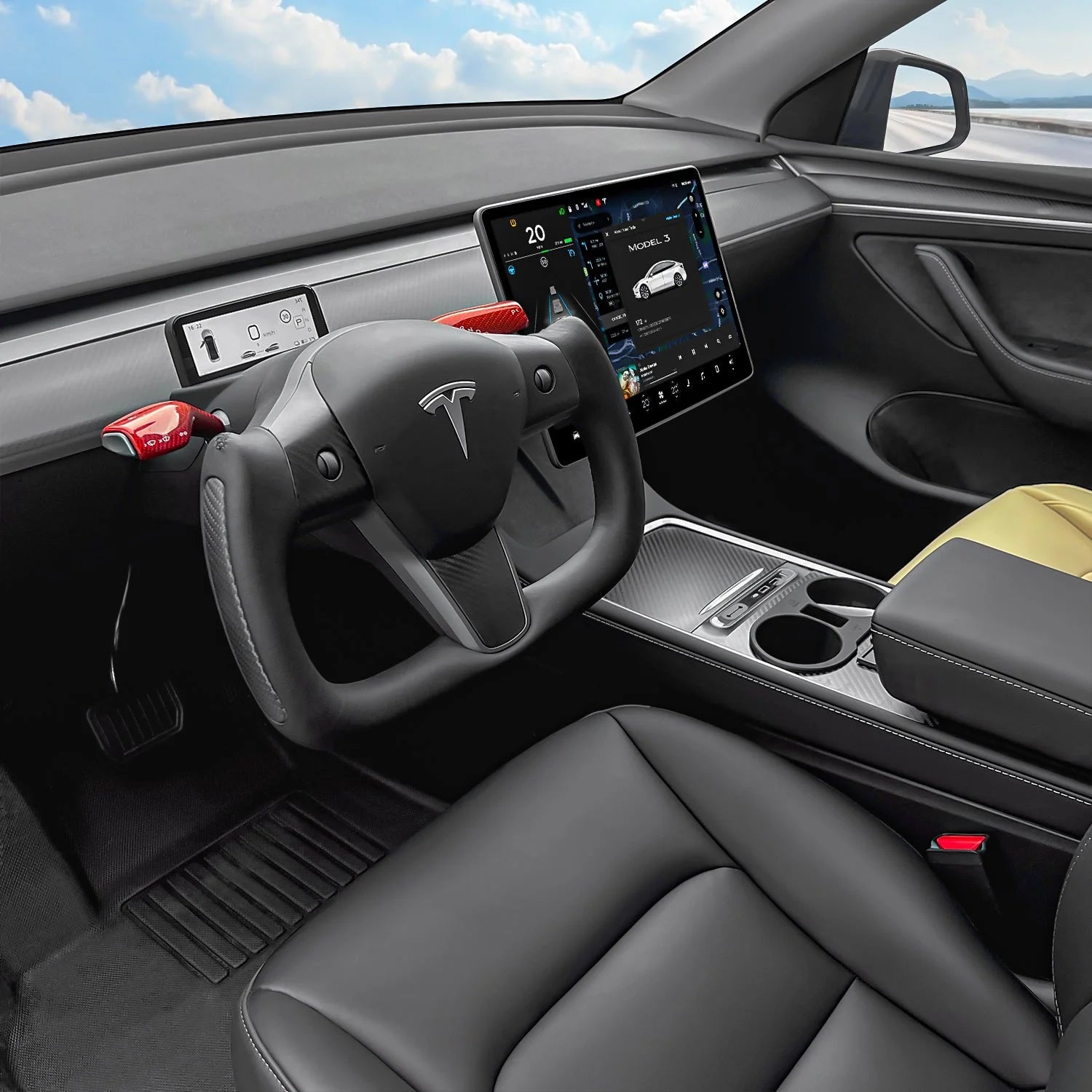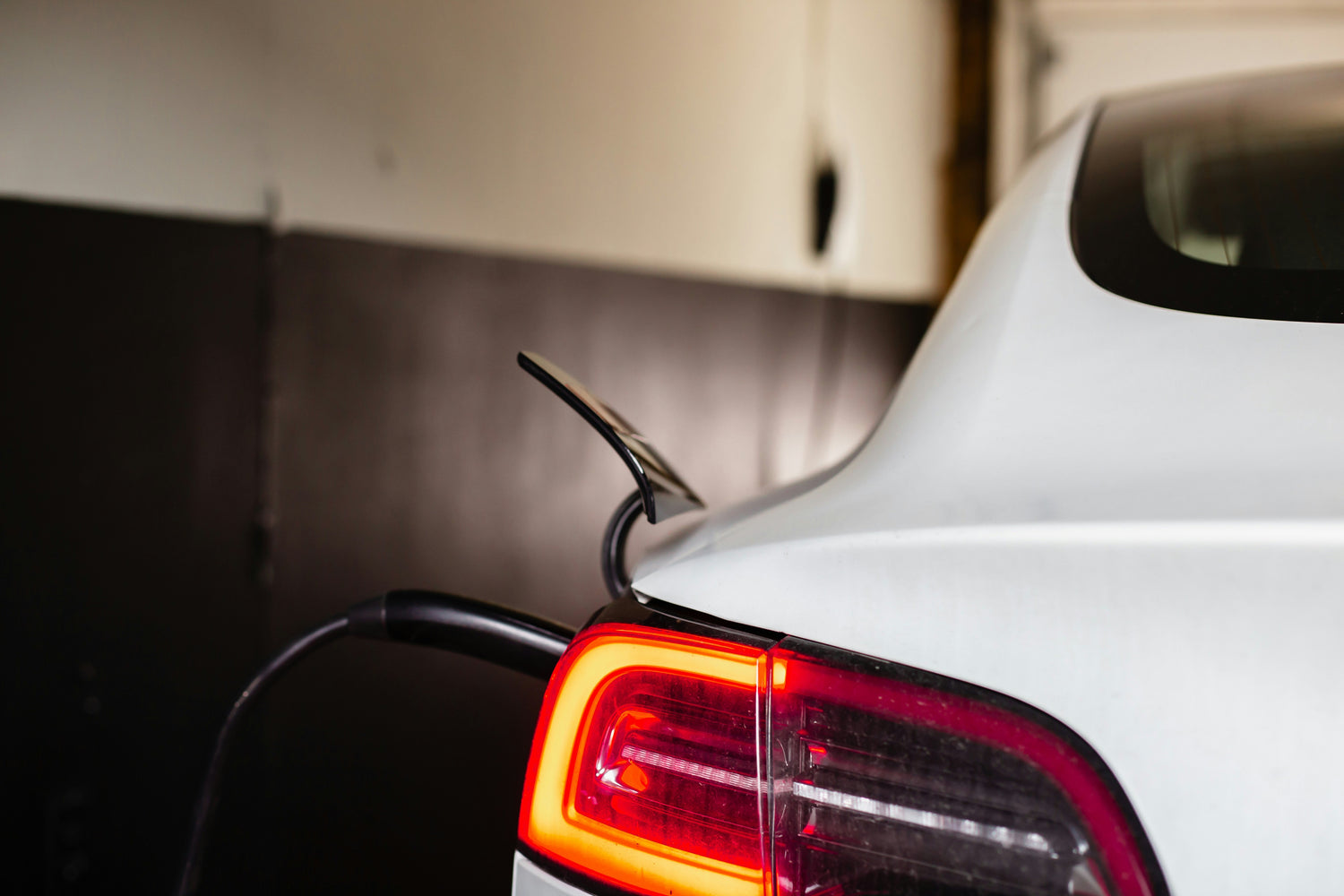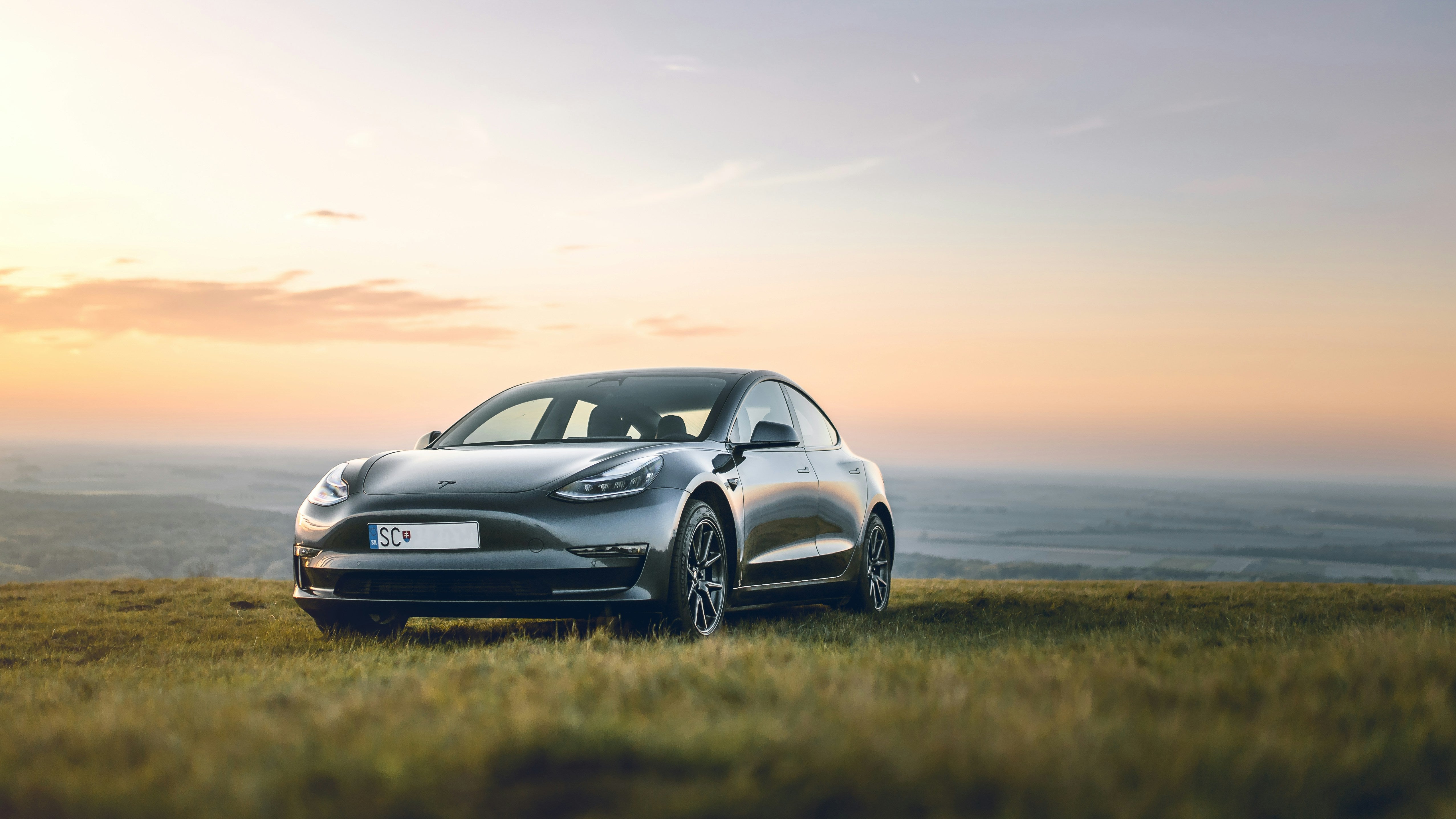Vous vous demandez combien coûte la recharge d'une voiture électrique ? Avec l'évolution des prix de l'électricité, les gens sont curieux de savoir combien coûterait une voiture électrique et les différentes manières de la recharger.
Mais ne vous inquiétez pas, cet article vous aidera à comprendre ce qui affecte les coûts de recharge, la fréquence à laquelle vous devrez recharger, s'il est moins cher de recharger un véhicule électrique que de faire le plein d'une voiture à essence.
À la fin, vous saurez à quoi vous attendre en matière de recharge d’une voiture électrique.
Alors, commençons.
Quels facteurs influencent le coût de recharge de votre véhicule électrique
Avant d’aborder directement la question du coût de recharge d’un véhicule électrique, il est essentiel de comprendre d’abord les facteurs qui influent sur le coût de recharge de votre véhicule électrique.
Voici quelques facteurs très importants que vous devez connaître :
Tarif de l'électricité
Le premier facteur est le tarif de l'électricité dans votre région. Les prix de l'électricité peuvent varier en fonction de l'endroit où vous vivez et du moment où vous rechargez votre voiture. Certaines entreprises de services publics proposent des tarifs plus bas en dehors des heures de pointe. Recharger votre véhicule électrique la nuit ou pendant les heures moins chargées peut donc vous aider à économiser de l'argent. Il est judicieux de vérifier auprès de votre fournisseur d'électricité local pour savoir ce que vous allez payer.
Taille de la batterie
Un autre facteur important est la taille de la batterie embarquée de votre véhicule électrique. Plus la batterie est grande, plus l'énergie qu'elle contient est importante, ce qui entraîne une augmentation corrélative du temps de charge et nécessite généralement plus d'argent pour faire le plein.
Prenons deux voitures : l'une est équipée d'une batterie de 60 kWh et l'autre d'une batterie de 40 kWh. Si les tarifs d'électricité restent les mêmes entre les points de recharge, il en coûtera plus cher de recharger la batterie de 60 kWh. Connaître la taille de la batterie d'une voiture peut aider une personne à estimer le montant qu'elle devra dépenser pour la recharger.
Type de charge (charge CA ou CC)
Un autre facteur qui influe sur le coût de la recharge de votre voiture peut être le type de charge : CA et CC . Le CA se produit lorsque le flux d'électricité change régulièrement de direction. Il est généralement plus lent et peut être utilisé pour charger à domicile. Le CC circule dans un seul sens et est plus rapide, principalement utilisé dans les bornes de recharge publiques.
La recharge rapide peut être un peu plus chère par kilowattheure, mais elle vous permet de gagner du temps si vous avez besoin d'une charge rapide. Comprendre le fonctionnement de chacun de ces types de recharge peut vous aider à faire de meilleurs choix en fonction de votre budget et de vos besoins.
À quelle fréquence faut-il recharger une voiture électrique ?
La fréquence à laquelle vous devez recharger une voiture électrique dépend de quelques facteurs clés :
- Conduite quotidienne : Si vous ne conduisez que sur de courtes distances, vous n'aurez peut-être besoin de recharger votre batterie que quelques jours par semaine. Pour les trajets plus longs, pour vous rendre au travail ou pour voyager en voiture, vous pouvez vous attendre à une fréquence de recharge plus élevée.
- Autonomie de la batterie : Les différents véhicules électriques ont leurs propres spécifications d'autonomie. Certains parcourent plus de 480 km avec une seule charge, tandis que d'autres n'atteignent que 160 km. Connaissez l'autonomie de votre voiture et vous saurez comment planifier sa recharge.
- Emplacement de recharge : Si vous disposez d'un chargeur à domicile, vous pouvez recharger votre véhicule pendant la nuit. Si vous utilisez des bornes de recharge publiques, vous devrez peut-être recharger votre véhicule plus fréquemment, en fonction de leur disponibilité.
En d’autres termes, la fréquence à laquelle vous devrez recharger votre voiture électrique dépend de vos habitudes de conduite, de l’autonomie de la batterie et de l’endroit où vous la rechargez.
Est-il moins cher de recharger un véhicule électrique ou une voiture à essence ?
La recharge est généralement moins chère que le plein d'essence. Voici quelques raisons pour lesquelles :
- Prix de l'électricité par rapport au prix du gaz : L'électricité est moins chère que le prix de l'essence au kilomètre . À titre d'exemple, la charge de votre véhicule électrique peut être de l'ordre de 0,10 € et 0,15 € par kilowattheure, alors que dans la plupart des cas, les prix de l'essence sont plus élevés. En effet, cela représente déjà une énorme différence et se traduit donc par de grosses économies au fil du temps.
- Efficacité : les véhicules électriques consomment moins d'énergie que les voitures à essence. Ils utilisent davantage d'énergie de la batterie pour faire avancer le véhicule, ce qui signifie que vous pouvez conduire plus loin pour moins d'argent.
- Coûts d'entretien réduits : En général, les véhicules électriques ont tendance à être moins coûteux à entretenir ; avec moins de pièces mobiles, il n'y a pas de vidange d'huile et le freinage régénératif prolonge la durée de vie des freins. Cela vous permet d'économiser encore plus d'argent sur la durée de vie du véhicule.
- Incitations et rabais : La plupart des juridictions offrent des incitations aux propriétaires de véhicules électriques, comme un crédit d'impôt ou même des rabais. Certaines entreprises de services publics vous accorderont des rabais lorsque vous rechargez votre véhicule en dehors des heures de pointe. Ces avantages permettent également de réduire votre coût global.
Comment réduire les coûts de recharge de votre VE ?
Si vous souhaitez économiser de l’argent sur la recharge de votre véhicule électrique, voici quelques conseils simples :
Utiliser la recharge à domicile
Recharger votre véhicule électrique à domicile est l'un des meilleurs moyens d'économiser de l'argent. Cela s'avère très pratique avec l'installation d'une borne de recharge à domicile et est souvent moins coûteux que d'utiliser tous les chargeurs publics. Comme vous vous endormez pendant que votre voiture se recharge, elle sera prête à repartir le lendemain matin sans frais supplémentaires.
Frais pendant les heures creuses
Une autre façon de réduire vos coûts de recharge est de recharger votre véhicule pendant les heures creuses. De nombreux fournisseurs d'électricité proposent des tarifs plus bas lorsque la demande est faible, la nuit ou tôt le matin. Demandez à votre fournisseur local à quelles heures creuses vous pouvez recharger votre véhicule. Vous économiserez sur votre facture d'électricité en rechargeant votre véhicule à ces heures-là. En général, elles ont lieu la nuit (de 22h00 à 06h00).
Maximiser la portée
Vous souhaitez maximiser l'autonomie de votre véhicule électrique pour tirer le meilleur parti de chaque charge ; voici quelques conseils simples :
- Conduisez en douceur : évitez les démarrages brusques et les arrêts brusques, car cela a tendance à vider vos batteries.
- Réduisez le poids : retirez de votre voiture les éléments inutilisés qui ne sont pas essentiels pour alléger le véhicule.
- Utilisez le freinage régénératif : si votre véhicule électrique est doté de cette fonction, utilisez-la en guise d'assistance pour aider à recharger la batterie pendant que vous conduisez.
- Planifiez vos itinéraires : L’utilisation d’applications de navigation peut vous aider à trouver un itinéraire qui vous fera économiser de l’énergie.
En suivant ces conseils, vous pouvez facilement réduire les coûts de recharge et profiter davantage de votre véhicule électrique.




